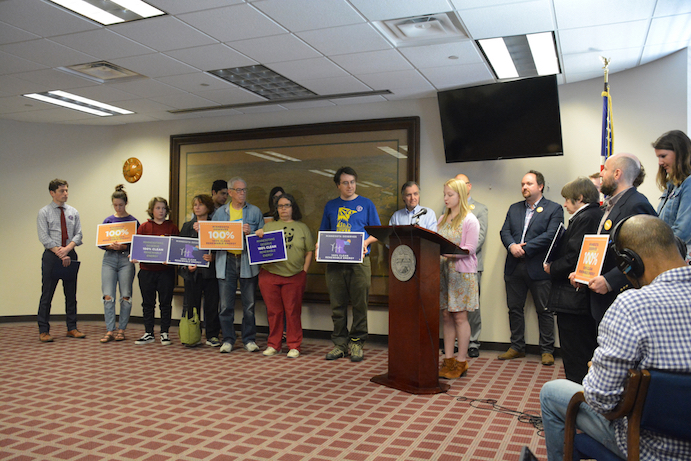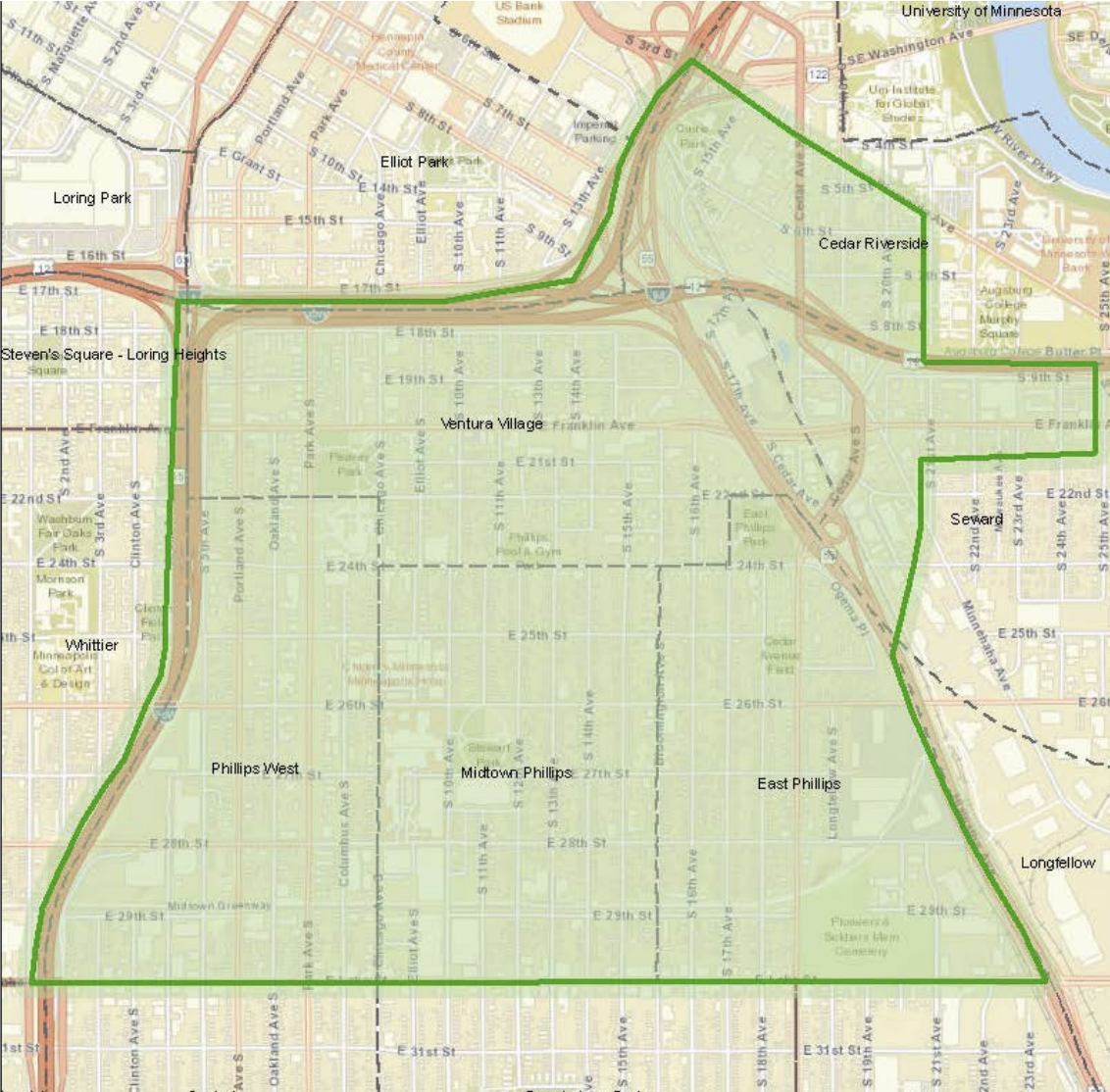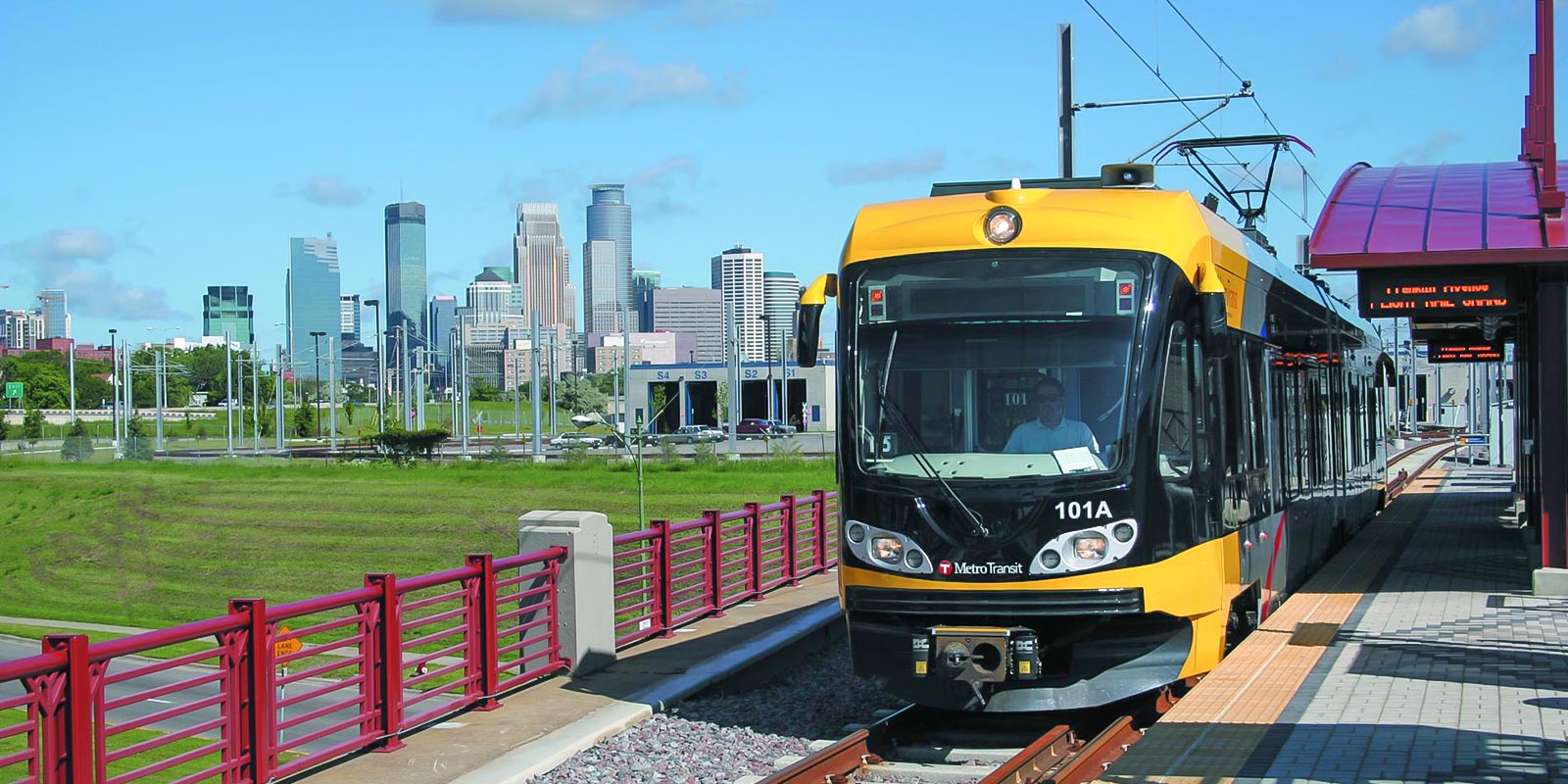Minneapolis is committed to reducing greenhouse gas emissions and has adopted targets to reduce community-wide emissions 15% by 2015, 30% by 2025 and 80% by 2050 using 2006 as a baseline. In 2015, Minneapolis greenhouse gas emissions from citywide activities decreased 17.5% exceeding the established reduction goal. Looking towards the future, the City continues to use existing progressive carbon emissions reduction strategies and is mapping a more sustainable future in the Minneapolis 2040 comprehensive planning process.
- Minneapolis is a leader in building energy efficiency: in 2013 the City adopted the Commercial Benchmarking Ordinance, allowing building owners and the city to track energy and water usage to determine opportunities for improvement.
- Minneapolis is focused on increasing the use of local renewable energy and shrinking the waste stream by encouraging reuse and increasing recycling of both organic and inorganic materials. In 2017, the Zero Waste Plan was adopted and will help the city reach its zero waste goal to recycle and compost 50% of its overall waste stream by 2020, 80% by 2030, and achieve a zero-percent growth rate in the total waste stream from 2010 levels.
- The City is working to reduce the number of vehicle miles traveled in Minneapolis while improving accessibility and building walkable, safe and growing neighborhoods that meet the needs of all residents. Check out Minneapolis’s ten year transportation plan Access Minneapolis.
- Focusing on equity and environmental justice, the City has established two Green Zones ; these two areas serve as a place-based policy initiative aimed at improving health and supporting economic development using environmentally conscious efforts in communities that face the cumulative effects of environmental pollution, as well as social, political and economic vulnerability.
Minneapolis is also a part of a first-in- the-nation partnership that brings together the City of Minneapolis, Xcel and CenterPoint Energy in support of the City’s Climate Action Plan and 2040 Energy Vision . Together the Clean Energy Partnership continues to plan, implement and track new approaches to delivering energy efficiency, energy choices and renewable energy to Minneapolis residents and businesses.






